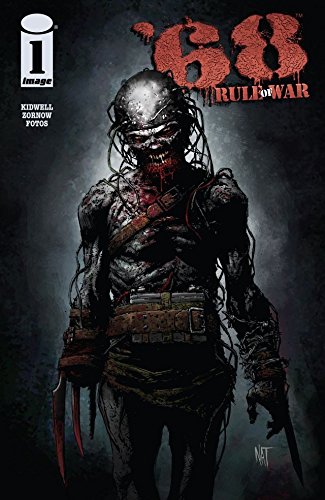Sublime
An inspiration engine for ideas
Fred Pushies’s formulaic overview of MARSOC since then is one of the few solid books available on the newly formed marine SOF units (Pushies 2011).
David Tucker • United States Special Operations Forces





First In Last Out: The Post-war Organisation, Employment and Training of Royal Marines Commandos
amazon.com
welcome give-and-take on key results from frontline contributors.
John Doerr • Measure What Matters: How Google, Bono, and the Gates Foundation Rock the World with OKRs
When their lives are on the line, Marines learn to want more than pure, unthinking aggression.